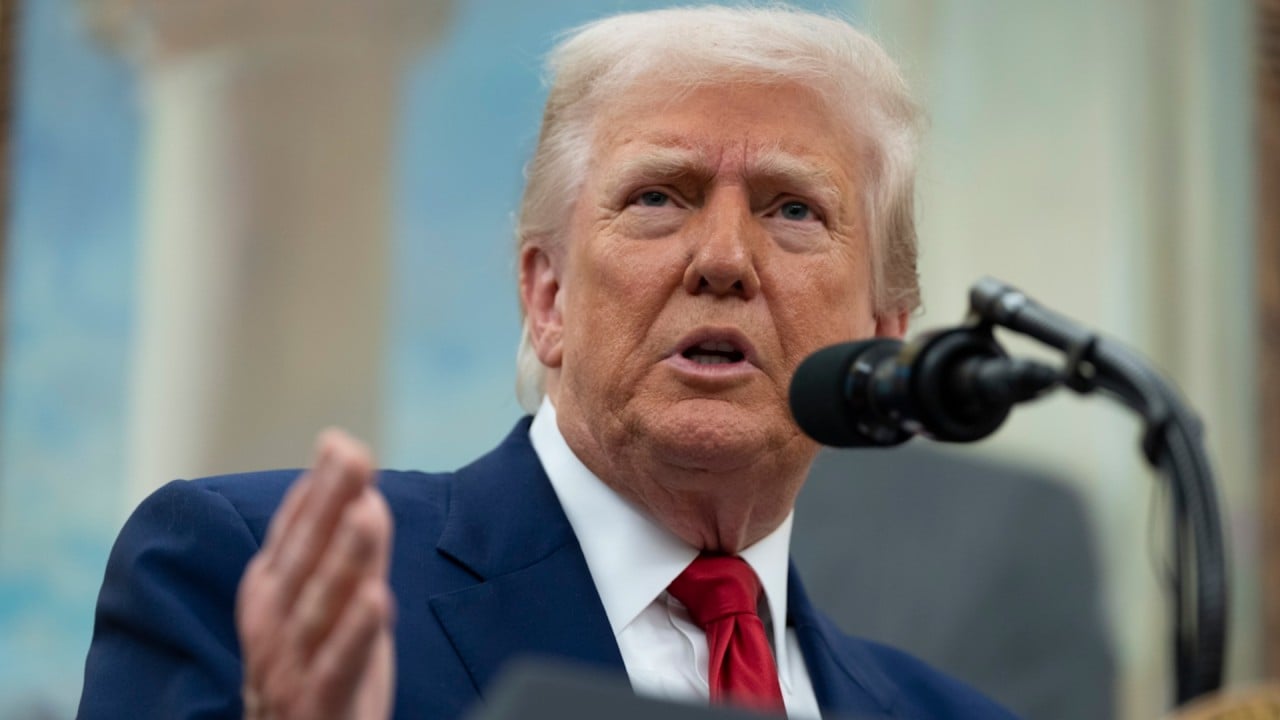The Trump administration’s non-tariff measures against China – including a student visa ban and the delisting of mainland companies from American stock exchanges – could derail trade negotiations and weigh on near-term investor sentiment, according to Morgan Stanley.
The Chinese government wants to achieve a de-escalation in the tariff and trade issues with the US, but would not be happy or satisfied if other non-tariff measures continued to inflame ties, said Laura Wang, chief China equity strategist at the US investment bank, at a media briefing on Friday.
“I would stay very alert to these measures,” she said. The student visa ban, stock delisting and “some of the other things could potentially come in the next few months” and would require a careful assessment in terms of the damage to the US-China relationship, she added.
Secretary of State Marco Rubio upped the ante this week when he said the US would “aggressively” revoke visas of Chinese students, including those with connections to the Communist Party or those enrolled in critical fields in the US. China said the discriminatory move would further damage the US’s image.
Wang said the bank was less concerned about the fallout from any delistings of Chinese companies, as many of the big ones trade in Hong Kong. There were 286 such stocks with a combined market capitalisation of US$1.1 trillion as of March 7, according to a US government report.



